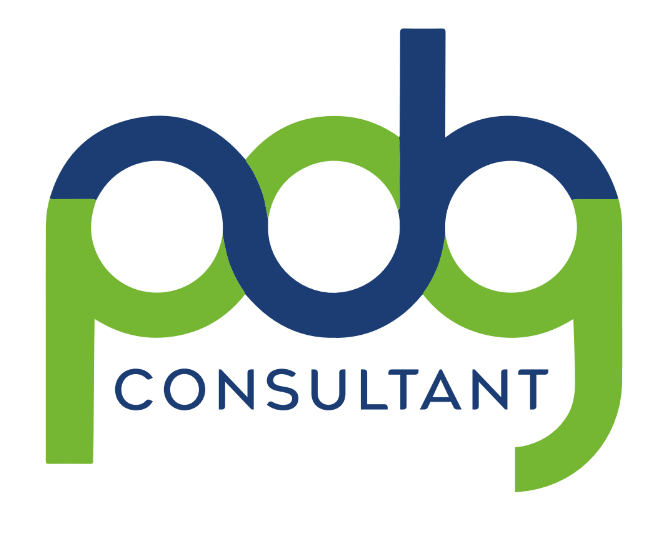Pharmaceutical serialization is a pillar of security in the pharmaceutical industry. From production to supply, control over each medicine ensures that it reaches the right hands. Hence the importance of pharmaceutical serializationBut what happens if this step is skipped? The answer could be dangerous.
This article unravels the impact of serialization and how it protects patients and companies from counterfeit medicines, improving safety and compliance with global regulations.
Find out how This practice affects every link in the drug supply chain.
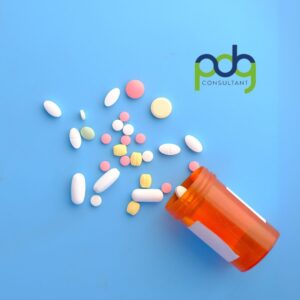
What is pharmaceutical serialization?
The pharmaceutical serialization is a process whereby each medicine is given a unique code that allows its identification and tracking in the supply chain. This code is like a “fingerprint” that is placed on each package, helping to prevent the sale of counterfeit products and allowing medicines to be traced from the manufacturer to the final consumer.
What is a serial medication?
A serialized medicine is one that has a unique identification code on its packaging, which allows it to be tracked throughout the entire supply chain.
The importance of serialization in the pharmaceutical industry
Counterfeit medicines are a global health problem. According to the World Health Organization, around 10% of medicines sold in low- and middle-income countries are counterfeit. Serialization helps prevent this by using unique codes, whether in the form of barcodes or Radio Frequency Identification (RFID).
How does serialization work in medicines?
The traceability of medicines This is the heart of serialisation. A serialised drug is identified by a barcode or RFID, and this code is recorded at every step of the supply chain, from the manufacturer to the point of sale. Any irregularities can thus be quickly identified.
Unique identification code
The unique identification code assigned to each serialized medicine contains key information such as batch number, expiration date and serial number. This ensures that the product reaching the consumer is authentic and safe.
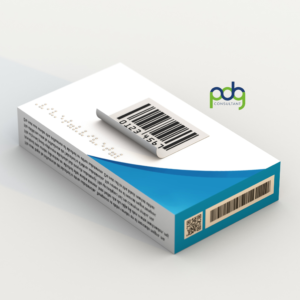
Legislation and regulations on pharmaceutical serialization
To ensure that medicines are safe, many governments have implemented regulations. Some key regulations are highlighted below:
FDA Regulations
In the United States, the Food and Drug Administration (FDA) sets specific guidelines for drug serialization. This includes the regulations for the unique identification code of products, allowing efficient tracking.
Falsified Medicines Directive (FMD)
The FMD is a European directive that aims to prevent the sale of counterfeit medicines within the European Union. It requires that all medicines sold have a unique identification code and a tamper-proof seal.
Pharmaceutical regulatory compliance
Compliance with regulations is essential for any pharmaceutical company. In addition to the FDA and FMD, other countries have similar regulations, making serialization a global standard for the pharmaceutical industry. pharmaceutical regulatory compliance.
Benefits of serialization in security and counterfeit prevention
Serialization benefits not only consumers, but also pharmaceutical companies and the industry as a whole. By implementing serialization systems, companies can trace their products, reduce economic losses due to counterfeiting, and improve consumer confidence.
Supply chain security
With an appropriate serialization system, companies can have full control of their products, identifying any irregularities and taking preventive measures.
Preventing counterfeit medicines
Preventing counterfeit medicines is another important benefit of serialization. With a unique identification code on each package, the chance of counterfeit products reaching patients is reduced.
Testimonial from a satisfied PDG Consultant client
«Thanks to the implementation of serialization with PDG Consultant, our supply chain has gained in security and traceability. The help of their team has been fundamental to comply with all regulations and avoid risks of counterfeiting. An investment that pays off!»
— Eduardo Dominguez, Director of Operations
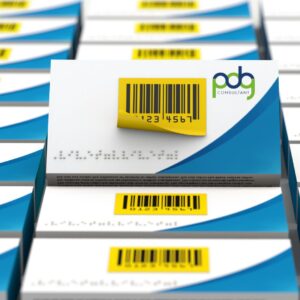
Implementing pharmaceutical serialization not only meets regulatory standards, but also strengthens the traceability of medicines throughout the supply chain. If you want to learn about additional strategies to ensure effective control, explore our article on best practices to ensure the traceability of medicines.
Pharmaceutical Serialization FAQs
What is pharmaceutical serialization?
It is the process of assigning a unique identification code to each medicine, to ensure its tracking throughout the supply chain.
What is a serial medication?
A serialized medicine is one that has a unique code on its packaging, allowing its identification and tracking.
What is the difference between serialization and tracking and tracing?
Serialization assigns a unique code to each medicine, while tracking and tracing allows monitoring of the movement of medicines in the supply chain.
What is a serialized product?
A serialized product is one that carries a unique identification code on its packaging.
What are the people who make medicines called?
They are called pharmaceutical manufacturers or laboratories.
The pharmaceutical serialization It has become an essential tool for protecting patients and ensuring supply chain safety. Implementing these systems not only helps companies comply with global regulations, but also gain the trust of consumers.
If you are interested in strengthening the security of your products, Contact PDG Consultant and ensure the future of your medicines on the market.
